latest
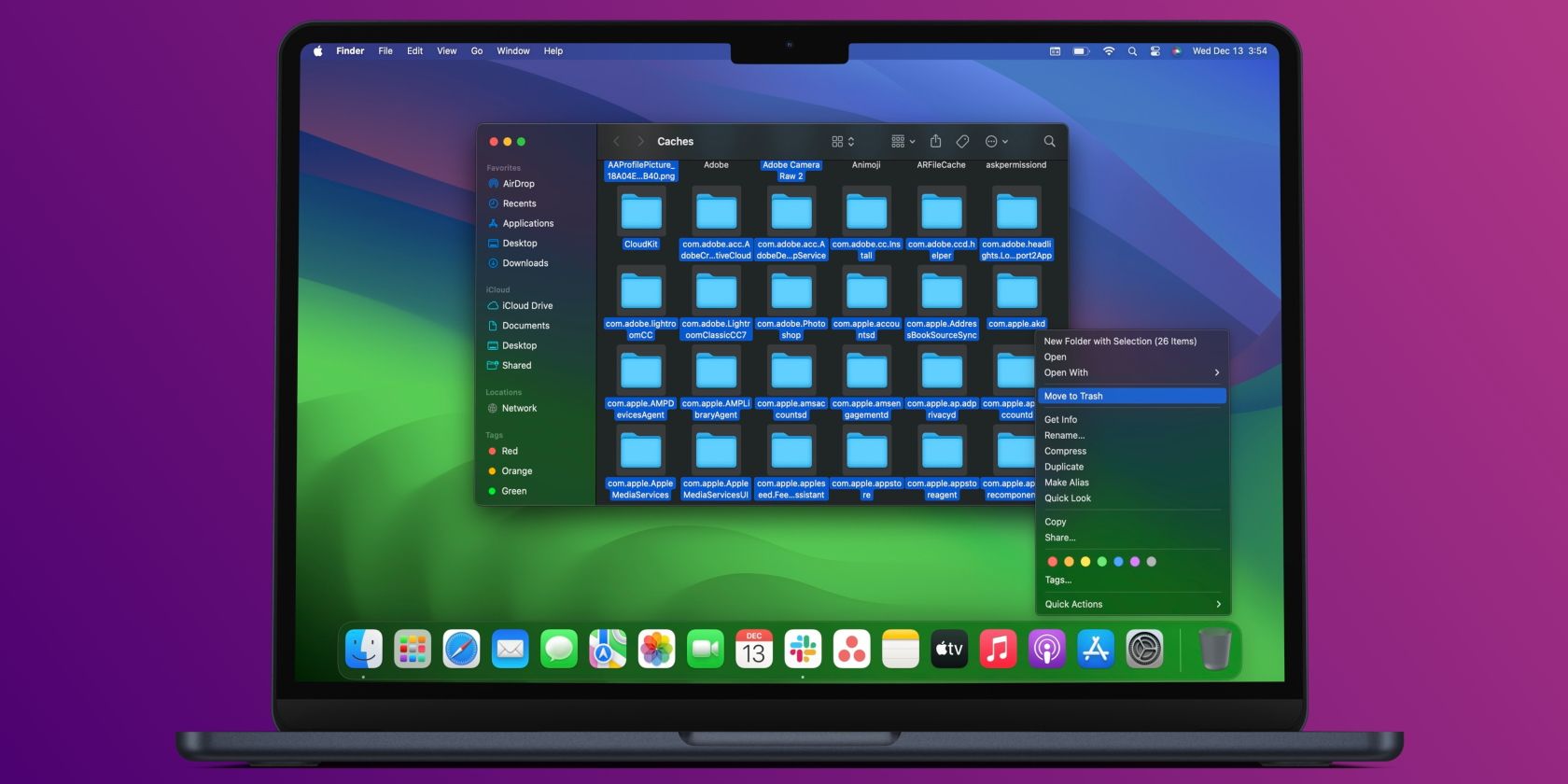
How to Clear the System and Internet Caches on a Mac
Cache files taking up too much storage? It's easy to clear them on your Mac.

Can’t Delete Temporary Files in Windows? Try These Fixes
Stubborn temporary files on your Windows PC won't delete? Here's how you can get rid of them.

iPhone Documents and Data: What Is It and How Do You Delete It?
Here's everything you need to know about Documents and Data for apps installed on your iPhone. We'll even teach you how to manage it.
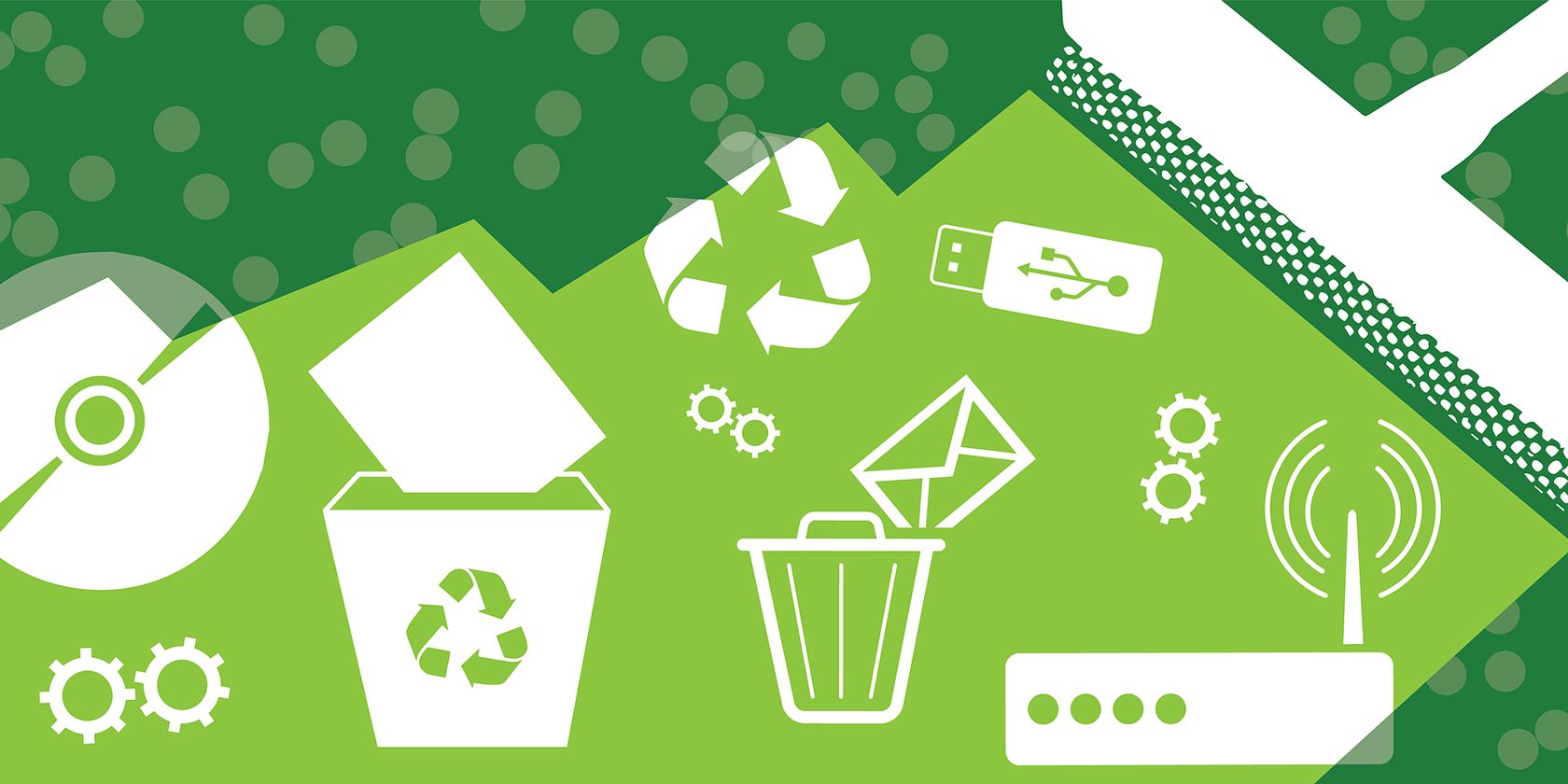
The 5 Best System Cleaning Apps for Your Linux Desktop
Keep your Linux desktop clean and tidy by installing these five system cleaning apps today.
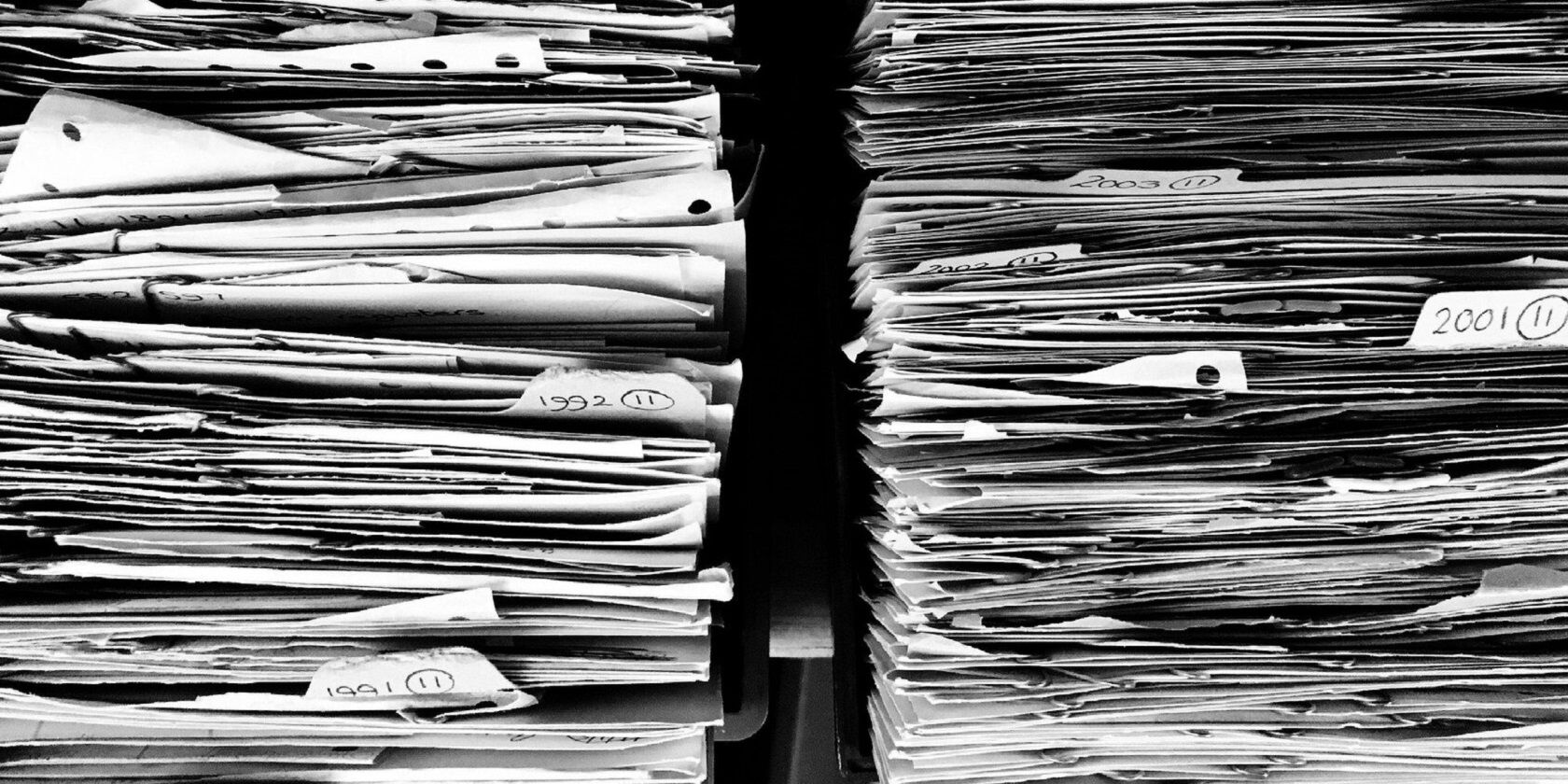
6 Ways to Delete Temporary Files in Windows 11
Temporary files aren't meant to stick around, but sometimes they do anyway. Here's how to delete temporary files on Windows 11 and free up space.
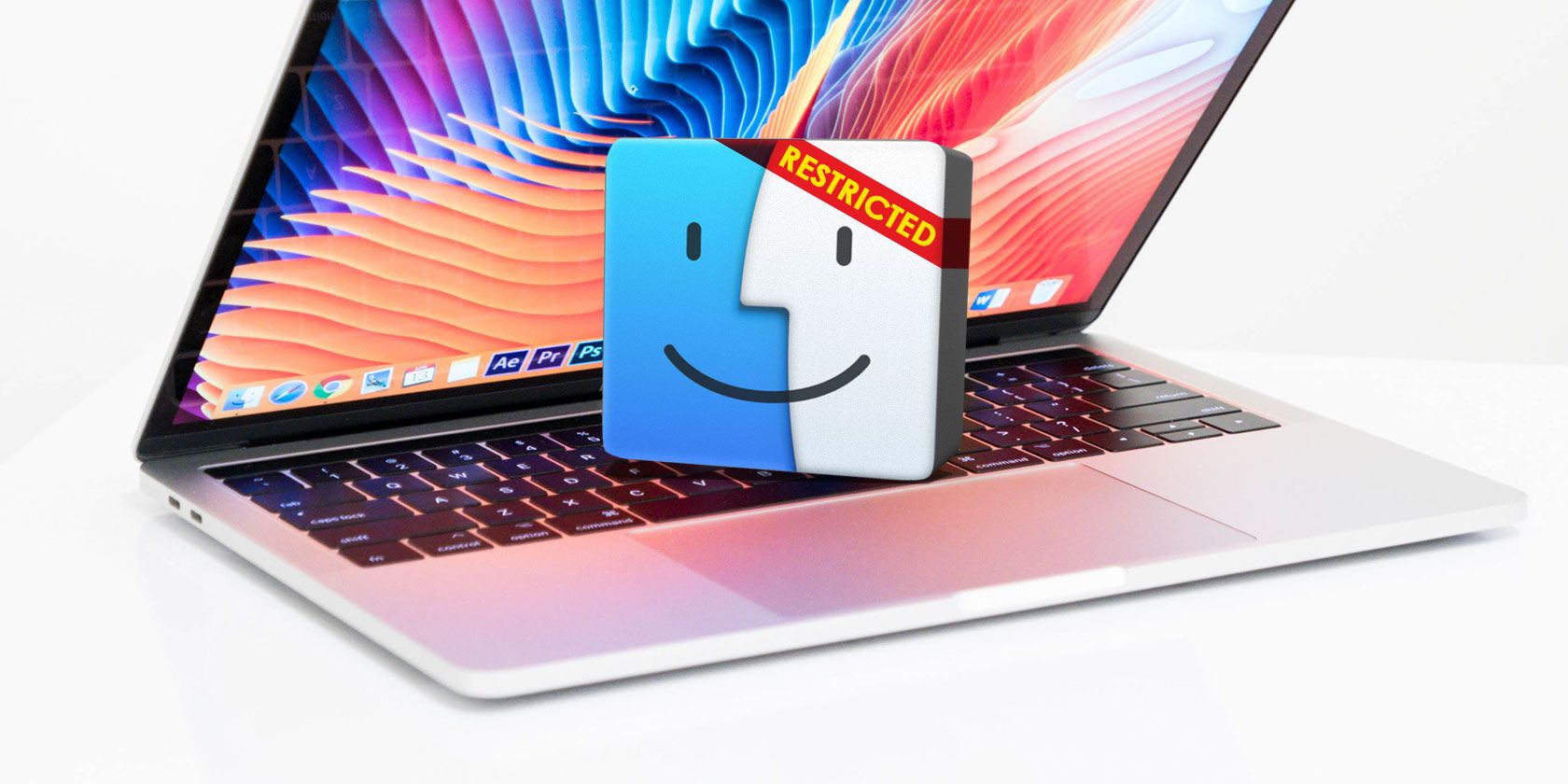
5 macOS Folders You Should Never Touch (And Why)
If your Mac is running low on space, you might be tempted to delete these folders—but it's dangerous to touch them.
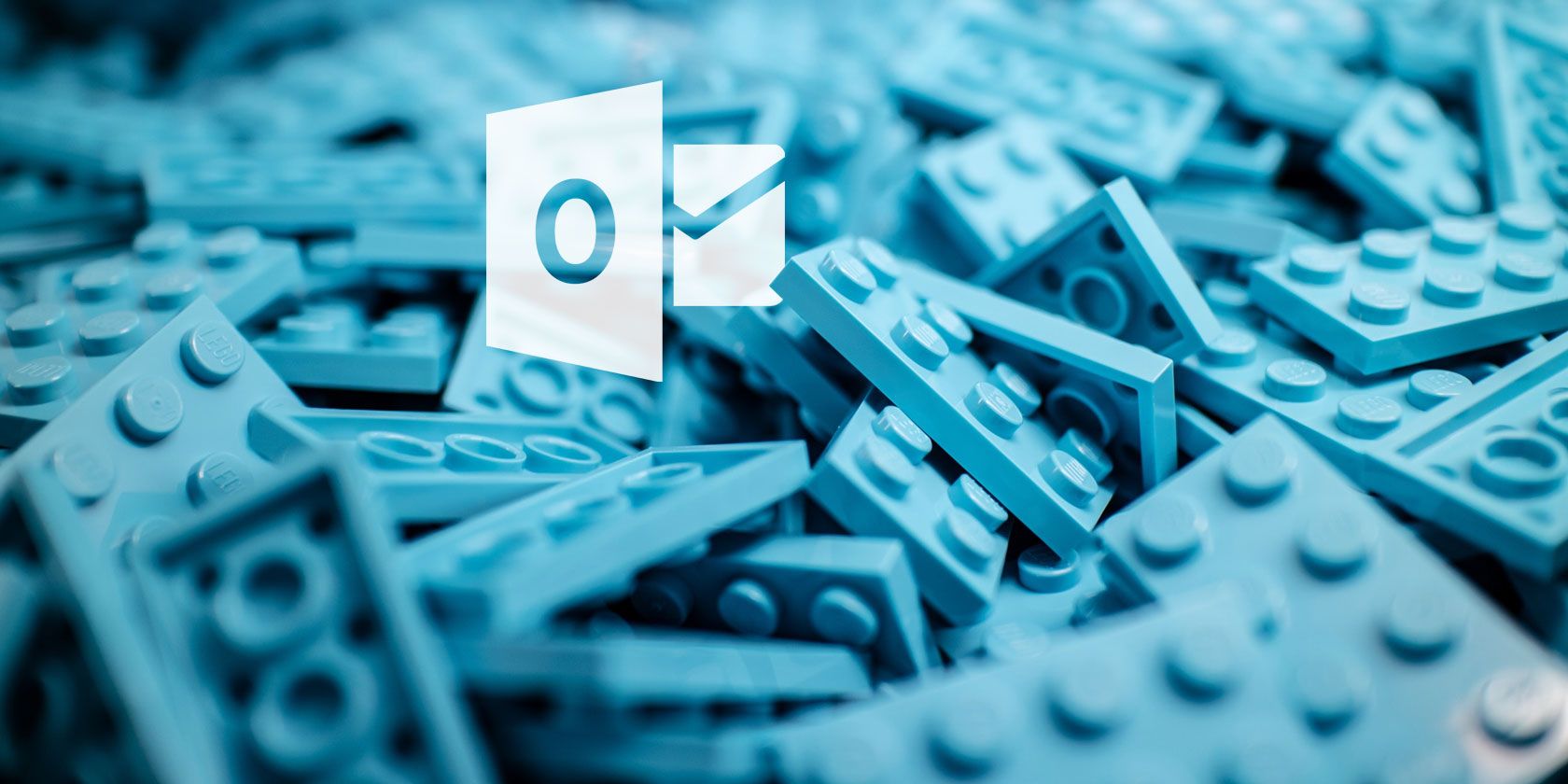
The 5 Best Tools for Microsoft Outlook
Are you missing a feature in Microsoft Outlook? Here are several Outlook tools that add useful functionality to your inbox!
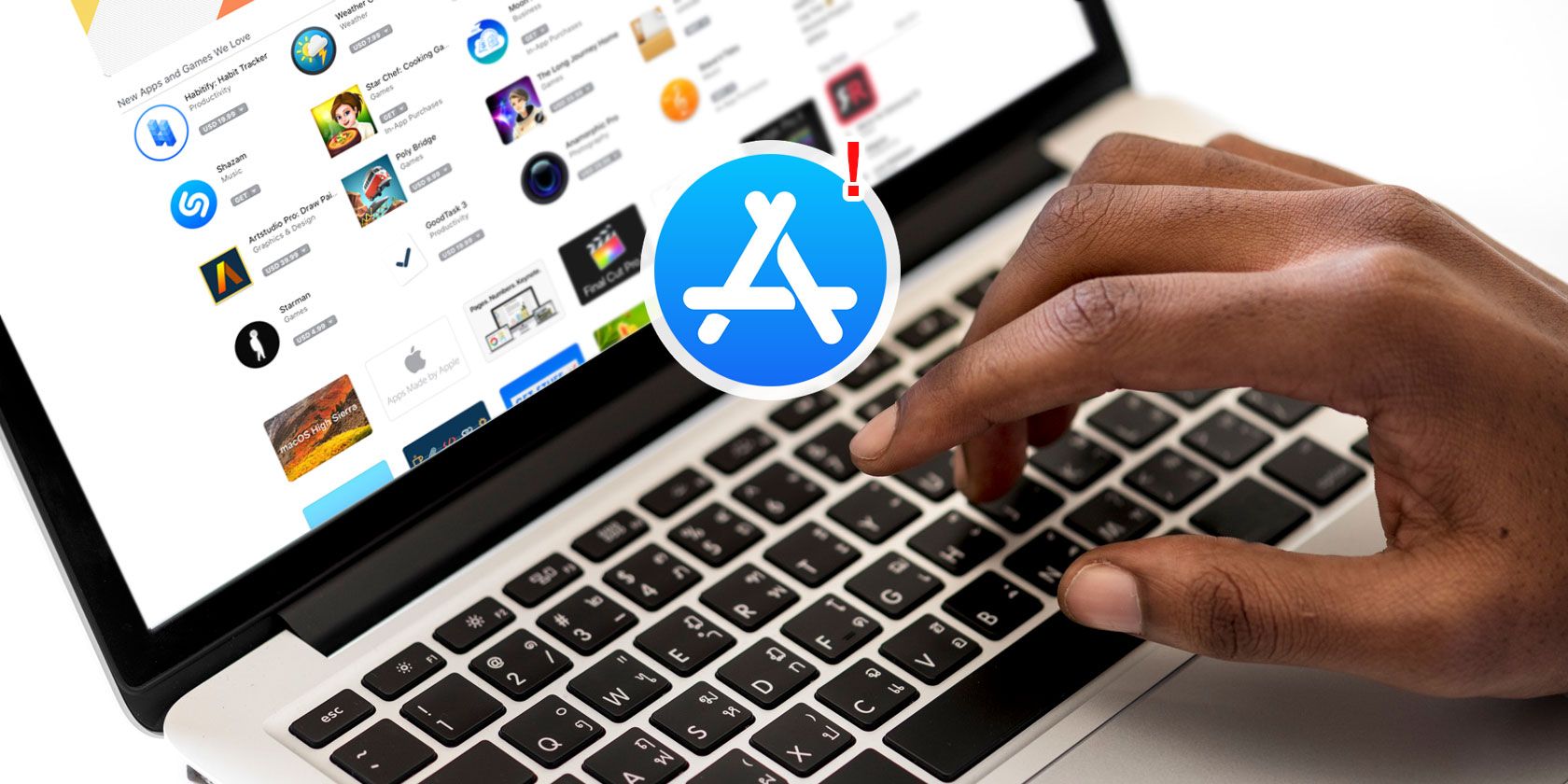
How to Fix 5 Common Mac App Store Problems and Issues
Running into problems with the Mac App Store? Here are fixes for stuck downloads, blank App Store pages, missing apps, and more.
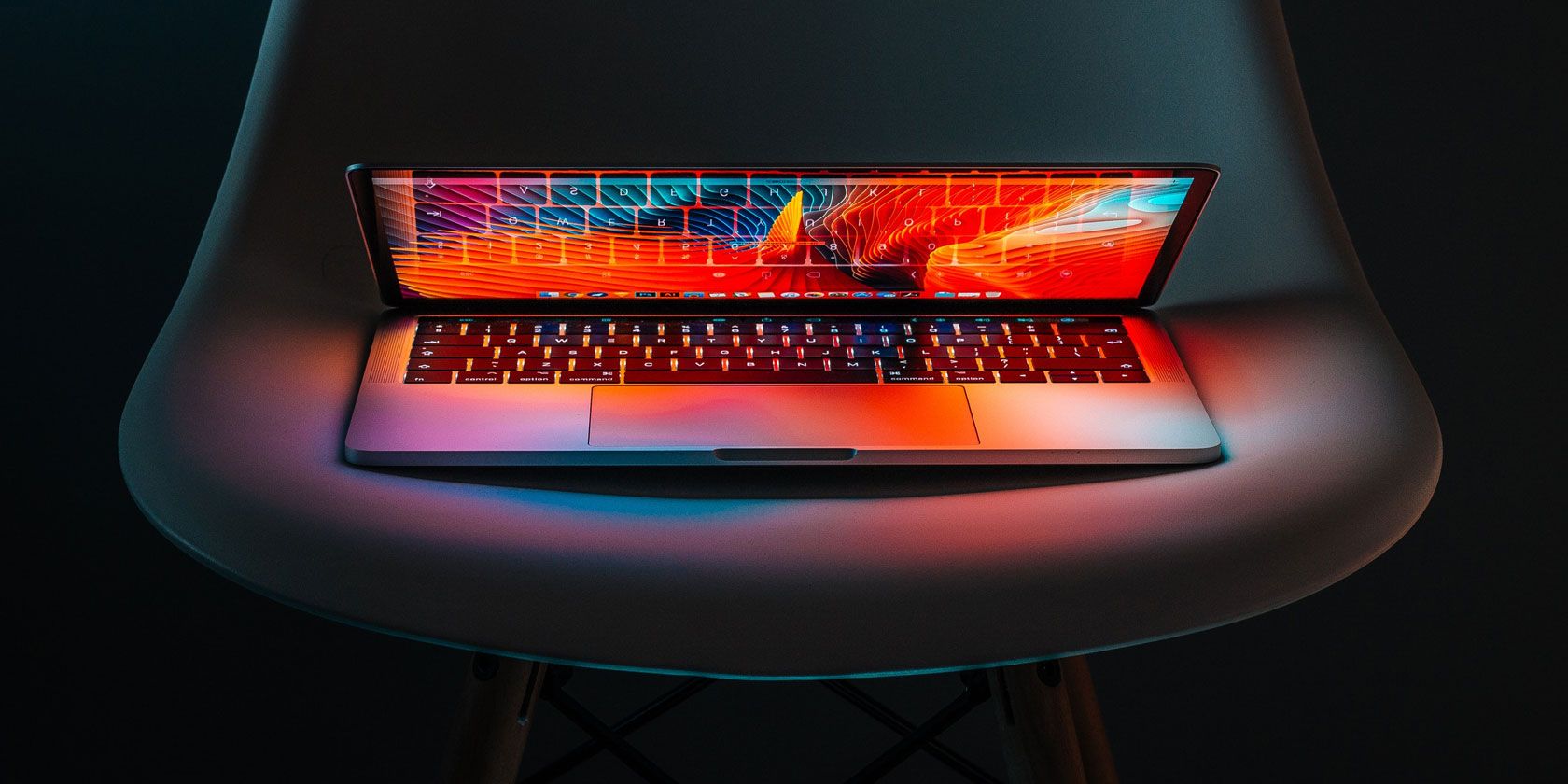
Keep Your Mac in Top Shape With CleanMyMac X
CleanMyMac X is a great utility for tuning up your Mac and cleaning up junk. Let's see what it can do for you.
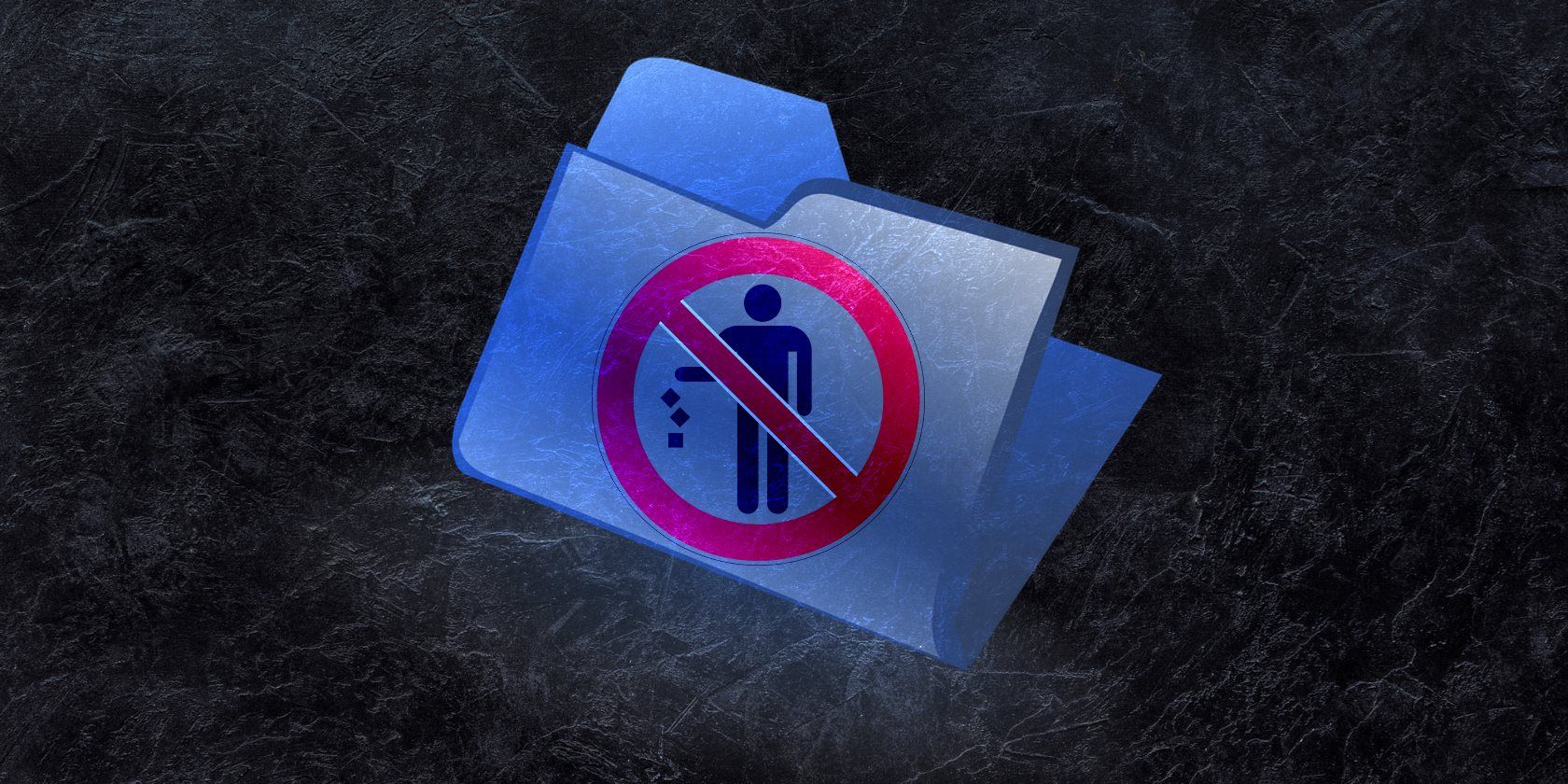
Why Aren't Windows Temp Files Deleted Automatically?
Temporary files in Windows are useless after your computer is no longer using them, so why doesn't Windows remove them automatically?
